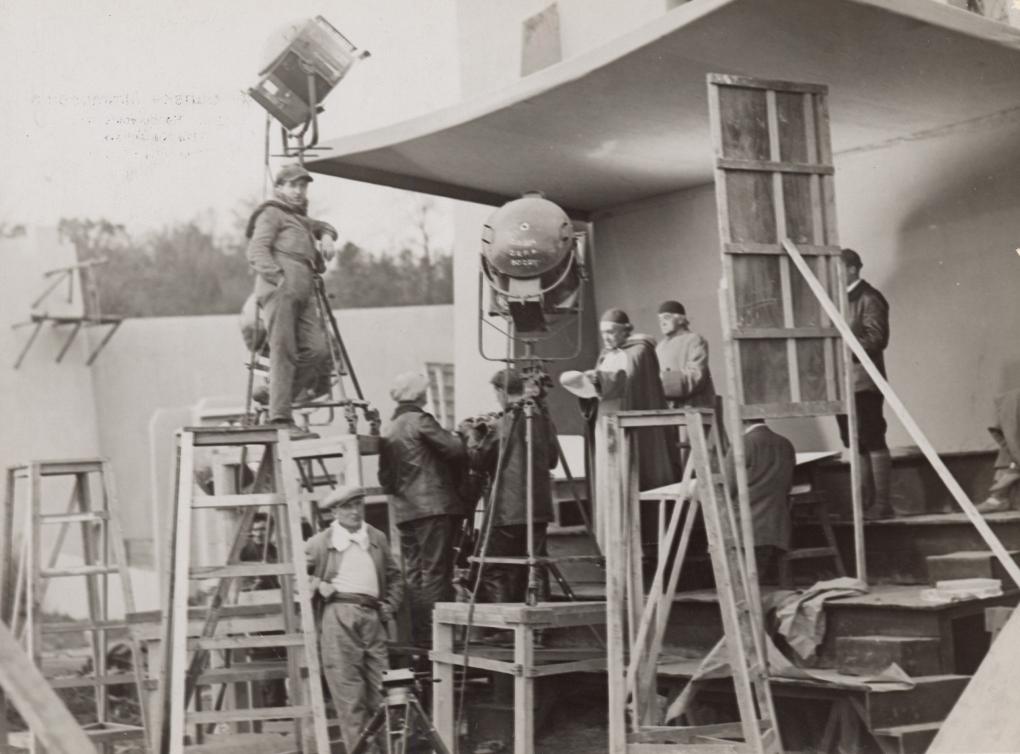In the years after World War I, the American studios had taken over the market and filled it with their movies. The French film industry was in crisis, which led to a number of spin-offs and split-ups, restructurings and reorganisations, including of such central and dominant companies as Pathé-Frères. Meanwhile, several new companies emerged.
One of these new companies was Société Générale des Films. Built on the ruins of Ciné-France, most likely around 1923, the company was financed by a wealthy Frenchman, Jacques Grinieff. His dream was to create a prestigious company able to finance unique French films. Grinieff brought together Charles Pathé and Leon Gaumont with prominent representatives of the French nobility, including Count d’Ayen, who chaired the company’s board. In partnership, they took on the financing of Abel Gance’s groundbreaking masterpiece Napoleon(1927) and Dreyer’s La Passion de Jeanne d'Arc (1928). Société Générale des Films gave its directors a seemingly unlimited budget and total control of all aspects of their production, which resulted in two masterpieces of film history but also financial ruin for the company. Two of the decade’s most expensive films was more than even Grinieff and the French nobles could stomach.
According to Edvin Kau (1989), Dreyer’s contract stipulated that he was to make more than one film for the company. When that failed to happen, Dreyer sued for breach of contract in autumn 1931 and won the case.
The company’s productions:
1927: Napoleon (Abel Gance)
1928: La Passion de Jeanne d’Arc (Carl Th. Dreyer)
1928: L’equipage (Maurice Tourneur)
1929: Finis Terrae (Jean Epstein) – documentary
Address:
36, Av. Hoche, Paris (16th)
Rue de la Boetie, Paris – in 1934 (date uncertain)
By Dan Nissen
